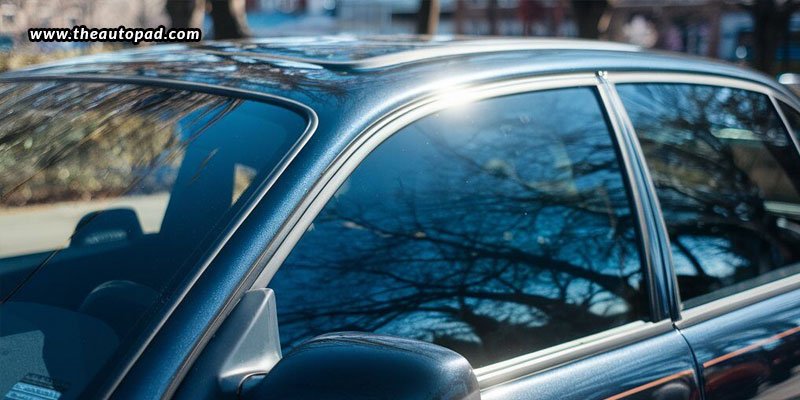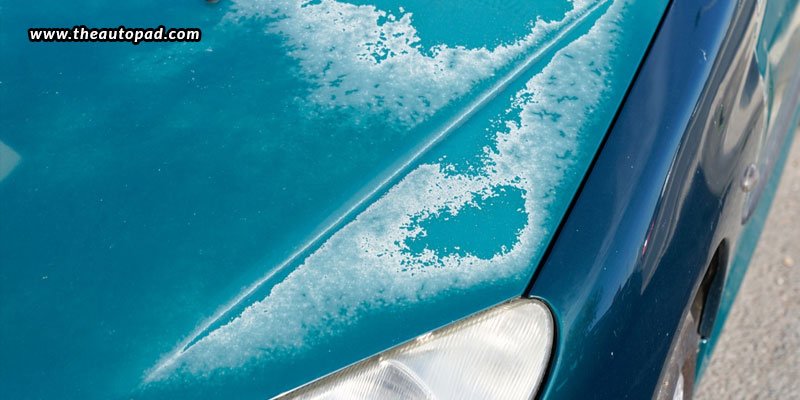In our previous blog post, we talked about how sun films can protect your car’s interiors – from faded seats to cracked dashboards. But did you know they can also protect your car’s delicate electronics!? Today’s cars depend on intricate systems like touchscreen displays, built-in sensors, and advanced driver-assistance features – all of which can be easily damaged by heat and UV rays. As car technology advances, the risk of sun-related harm increases. In this post, we’re focusing on how sun films serve as an invisible barrier, safeguarding the essential electronics that power, guide, and secure your drive, making the installation of sun films not just a comfort upgrade, but a smart tech necessity.
The increasing importance of electronics in today’s cars
Gone are the times when a car’s “electronics” just referred to a basic radio and power windows. Nowadays, even the most basic models come equipped with:
- Dashboard displays
- Infotainment systems
- Navigation systems
- Advanced driver-assistance systems
- Climate control sensors
- Smart mirrors and rearview displays
- Battery management systems (particularly in electric and hybrid vehicles)
These technologies depend on intricate circuits, processors, and sensors that are very sensitive to temperature changes and UV exposure.
Electronics and thermal stress
Even if your car is parked in the shade, the temperatures inside can soar dramatically. On a typical summer day, cabin temperatures can hit between 50°C and 70°C, and the dashboard surface can exceed 90°C! This is a nightmare for electronic components. Extended exposure to such high heat can lead to:
- LCD distortion and pixel failures
- Touchscreen lag or even permanent issues
- Faster aging of printed circuit boards
- Screen warping, bubbling, or delamination
- Sensor miscalibration or total failure
Electronics are built to function within certain temperature limits (generally from -20°C to +60°C). Going beyond these limits causes degradation, and ultimately, costly repairs or replacements.
Another issue that comes along with thermal stress is UV radiation, which quietly causes permanent harm over time. UV radiation can break down plastic and rubber coverings, lead to discoloration or yellowing of screens and bezels, deteriorate the adhesives behind display panels, and weaken sensors that are protected by plastic or acrylic covers. The more sunlight your vehicle receives inside, the higher the chances that internal electronics will be affected, even if the damage isn’t visible right away.
Car sun films – The invisible shield
Sun films are thin layers made from polyester or ceramic-based materials that are applied to the inside of a vehicle’s windows. Their main goal is to minimize solar heat gain and block harmful UV rays, all while keeping visibility clear. The key benefits include up to 99% UV rejection, 30%–70% infrared heat rejection, glare reduction, temperature control, and enhanced privacy and aesthetic appeal. What makes them a hero is their ability to safeguard everything inside your car – including your electronics – without making their presence obvious.
How sun films protect your car’s electronics
Let’s dive into how sun films serve as a robust shield for your in-car technologies.
- Blocking UV rays – Most high-end sun films use UV-absorbing materials or ceramic nanoparticles that block out 99% of harmful UV rays. This slows down the wear and tear of plastics, adhesives, and screen surfaces. It also brings long-term benefits of maintaining touchscreen clarity and preventing sensors from degrading too soon.
- Rejecting infrared heat – Infrared rays are the main culprits behind heat accumulation in your vehicle. Top-quality films can block up to 70% of IR radiation, which helps keep the cabin cooler.
- Maintaining internal temperature – By reducing solar heat gain, sun films help maintain a stable cabin environment, even when parked in the sun. They keep the internal temperatures within safe limits, preventing overheating.
- Reducing glare – Sun glare can reflect off the dashboard and interfere with screens or sensors, affecting their performance. It can also distort camera lenses used in ADAS systems.
In a world where vehicles rely heavily on electronics, sun films offer essential protection that goes far beyond aesthetics. They help regulate temperature, block harmful UV rays, and extend the life of your car’s most critical systems. Investing in high-quality sun film is a smart move for any tech-enabled vehicle owner looking to avoid performance issues and costly repairs. For expert installation and top-tier sun film solutions, Autopad in Jayanagar is your trusted partner. With a commitment to quality and precision, Autopad ensures your vehicle gets the invisible protection it truly deserves with premium quality sun films for car in Jayanagar.




